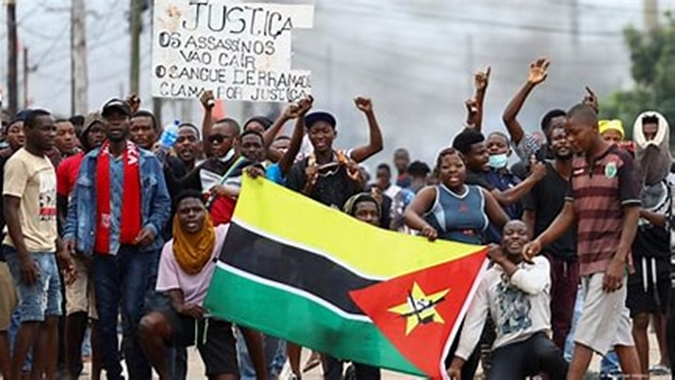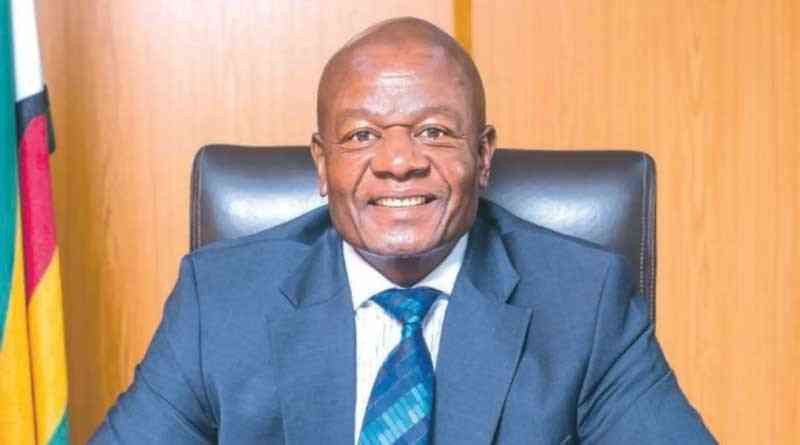
WITH almost 65% of the population under 25, the youths emerged as a powerful force in transforming a political setting long diminished by stagnation in the 2024 Mozambique election.
Imagine this, thousands of young Mozambicans bursting onto the streets of Maputo, their faces filled with hope, voices screaming for Venâncio Mondlane, the opposition revolutionary who promised to end Frelimo’s decades-long grip on power.
They were driven by anger over unemployment, corruption and a future regraded constantly out of grasp.
It is estimated that the youth turnout skyrocketed to over 70% from the earlier election in 2019.
Equipped with cellphones and hashtags, social media was transformed into a battlefield led by Venâcio, who constantly held live video updates commanding the youth to fight for democracy.
Their demonstrations were filled with anger, an abrupt contrast to the lack of interest of years past as they insisted on democracy that reflected their will.
This was a youth-led revolution against a system that has ignored them for decades.
It was not only an election.
- Zim headed for a political dead heat in 2023
- Zec failing to level playing field: CiCZ
- Take Money clinches sponsorship deal
- Zimra targets US$ tax evaders
Keep Reading
Can the old guard withstand this wave of change or has the heartbeat of its youth finally grown too loud to ignore?
Frelimo has been central in Mozambique’s affairs since its independence from Portugal in 1975.
The ruling is marked by major economic difficulties, shown by an unemployment rate of 25%.
Of those employed, as per research, only 20% are engaged in waged labour, while the larger chunk of 80% consists of self-employed individuals, casual workers, temporary employees and unpaid family members.
The notion of youth voter education is often regarded as a fallacy, as most young individuals in rural regions possess limited awareness of their political and civil rights.
After Afonso Dhlakama’s death, the opposition appears dead as a dodo whereby the main opposition is seen as being submissive to the ruling party.
Mondlane rose to prominence as a champion for the youth and the Mozambican people, vowing to challenge Frelimo’s long-established domination.
He took a stand against the purported corrupt practices of government officials while giving voice to the youth’s grievances and demands for employment.
Mondlane has become the beacon of hope for the Mozambican youth.
During the elections, he told the Mozambican people not to accept the allegedly rigged election results, which led to demonstrations across the country that lasted months, a period we saw the power of the youth in the democratisation process.
In the 2024 Mozambique election, youth activism became the engine of democratic zeal, with 65% of the population under 25 driving unprecedented change.
Their influence roared through mass mobilisation — social media campaigns like #MondlaneVivo trended for weeks, racking up millions of views as young voters shared videos of packed rallies and ballot-box vigils.
Street protests erupted nationwide, with Maputo’s youth chaining themselves to polling stations, demanding transparency in a vote marred by fraud allegations.
Voter turnout among this demographic reportedly hit 70%, a statistic that dwarfed past elections and underscored their resolve.
Mondlane, with his outsider swagger and fiery charisma, struck a chord with his promises of jobs, education and an end to corruption, speaking directly to a generation sidelined by Frelimo’s decades-long rule.
His raw, unpolished speeches often livestreamed cast him as their champion, untethered to the elite.
Take the hypothetical #VotoJuventude hashtag, it could have sparked a viral challenge, with youth posting defiant selfies outside polling stations, turning a civic act into a revolutionary statement.
This surge was tied directly to democratisation, shaking entrenched power to its core.
Even if the official results remain disputed, their push exposed cracks in the system, proving that a mobilised youth can tilt the scales of power.
Despite the youth’s efforts to bring about change in Mozambique, allegations of electoral fraud have emerged from both the youth and media outlets, citing the Electoral Committee’s prolonged delay in publishing results, which incited unrest among the youth.
Despite youths advocating for transparency in the electoral processes, many contend that there was a deficiency in transparency, as evidenced by the repressive tactics employed to suppress the youth.
This resulted in the deaths of quite a number of youths nationwide, allegedly at the hands of police officers while they were exercising their political right to demonstrate.
Frelimo’s dominance over the institutions compromised the protection of citizens, resulting in numerous families losing their loved ones in the process.
Since we witnessed the youths’ actual power in the democratisation process, it could be argued that this served as a wake-up call to both the ruling party and the youth.
It proved that democracy has a chance to win in the future, especially when young people like Mondlane are steering the ship.
At long last, the people may have control over democracy and the voting process if young voices are heard.
In the fight for democracy, this is a powerful symbol that young people around the world can use to their advantage against politicians who want to die in power.
Mozambique’s old guard may have clung on, but the youth signalled their reign is on borrowed time.
- Tatenda Arthur Tazvivinga and Kudakwashe Matekenya are International Relations students at Africa University. They write here in their personal capacities.










